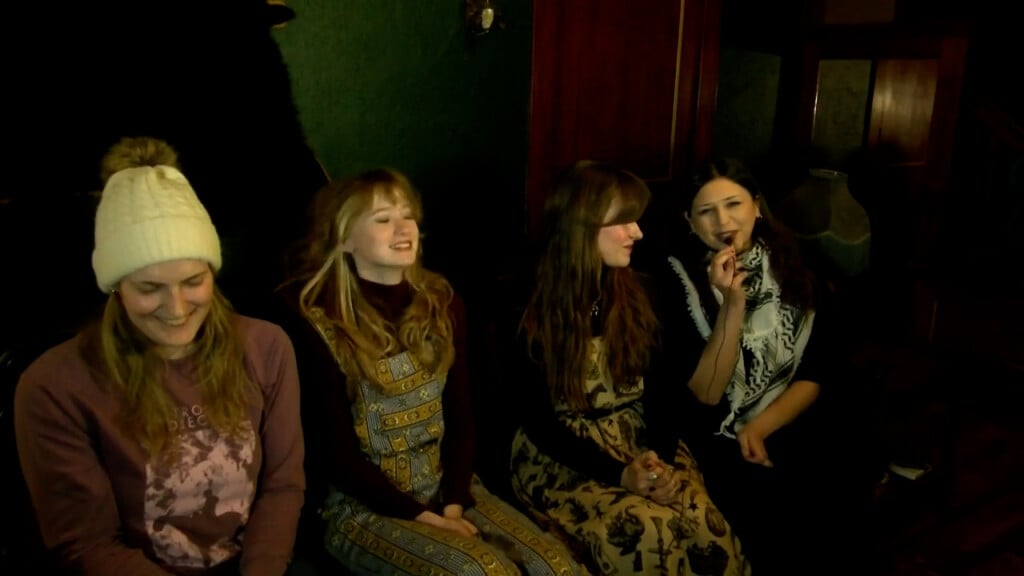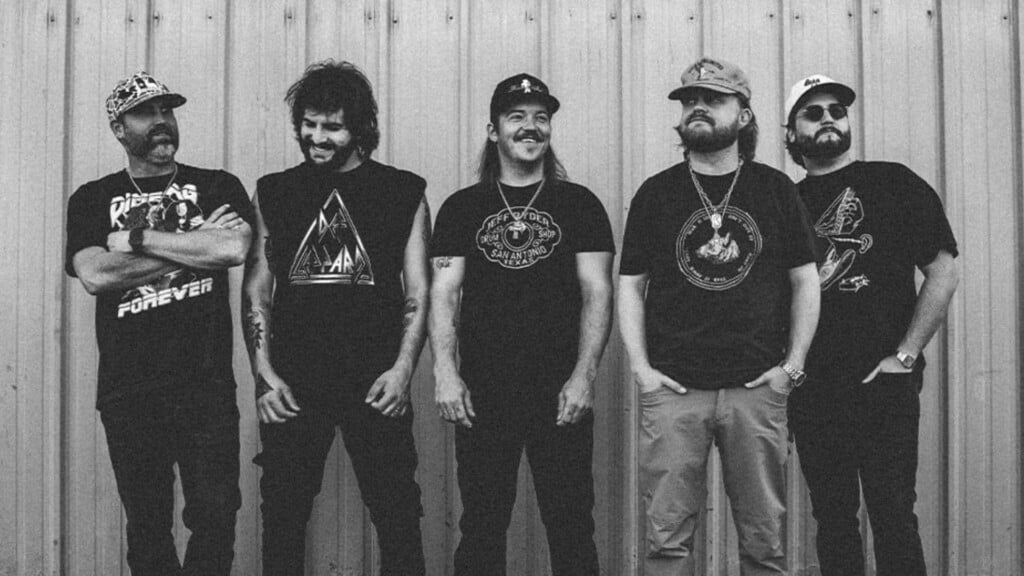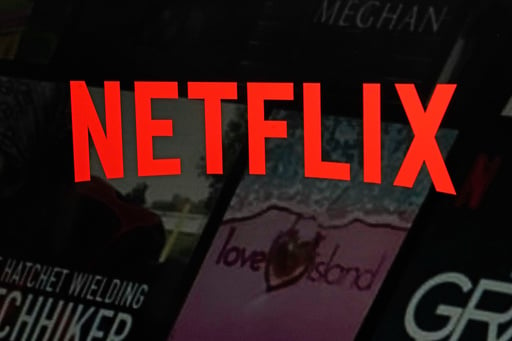Nebraska’s entertainment industry hits new highs, but hospitality sector still struggles
LINCOLN, Neb. (KLKN) – In the last few months, the entertainment industry in Nebraska has been booming, according to experts, filling more jobs than ever before.
“The entertainment industry has experienced incredible growth over the last decade,” said Matthew Boring, deputy director of the Lied Center for Performing Arts. “Not during the pandemic, of course, but you know from the Lied Center and launching our Broadway series.”
Data going back to 2005 from the Nebraska Department of Labor show that employment in the leisure and hospitality industry grew to numbers never seen before.
In March, the state had over 97,000 jobs filled in that sector.
The Lied Center says it’s seen that growth here in Lincoln.
In fact, it’s one of the main reasons more shows are coming to stages in town.
Boring said last season, the Lied had its highest attendance in over 30 years of operation.
“When we’re able to bring those bigger productions in, that drives ticket sales,” he said. “In the same way, having the audience support, having Nebraskans come out to the Lied Center if they haven’t been in a while, that’s what attracts those top shows.”
But experts say these numbers do not reflect the entire story.
Zoe Olson said some parts of the industry — like restaurants and hotels — are “really hurting.”
Olson, executive director of the Nebraska Hospitality Association, has heard that around 80,000 jobs are still open across the state.
“The numbers are skewed when they put all those categories together,” Olson said. “Your leisure industry, your tourism industry, that’s going to be more seasonal work. That’s people that only want to work for a certain season, not the people that are looking for employment year-round.”
Olson says because of the shortage of workers, employers are using creative ways to make up the difference.
“You may not ever see a hotel employee if you don’t need to on your stay,” Olson said. “If you think about checking in, you now check in on your phone in many places. You don’t go to the front desk; you don’t have to go to the front desk. Kiosks on tables, QR code menus, even robots bringing your food and beverage to your tables.”
Olson said the industry is still working on a “new normal.”
“COVID really had an impact on how we look at our lives and what we need and what we want, and how we value those things,” Olson said.




